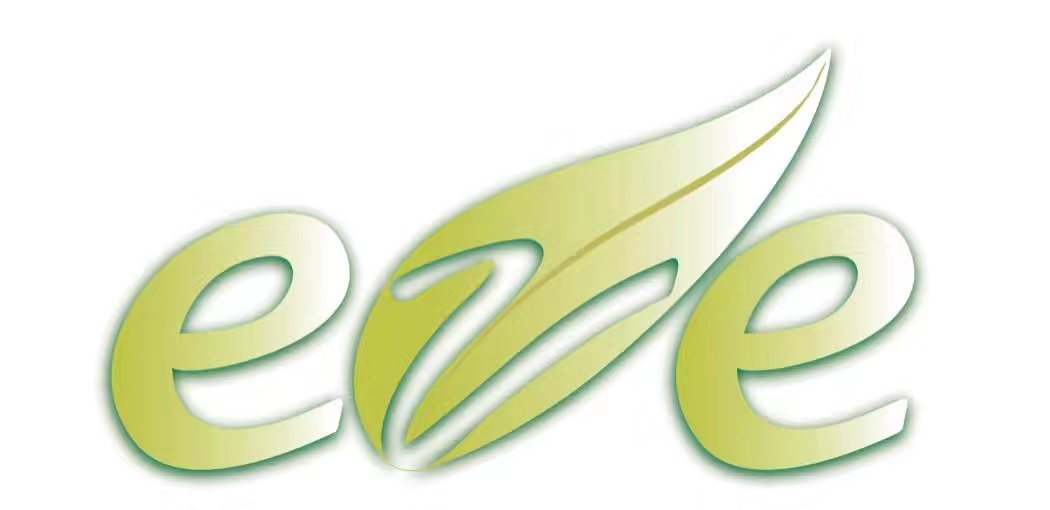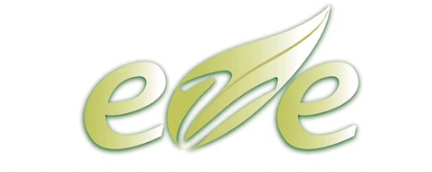Knowledge
Industrial wire brushes
发布时间:2025.02.16Industrial wire brushes
**Industrial wire brushes** are tools used in various industries for cleaning, finishing, deburring, surface preparation, and other material processing tasks. They consist of wire bristles attached to a handle, wheel, or other form factor, and are designed to withstand heavy-duty applications. These brushes are commonly used in manufacturing, metalworking, construction, and maintenance operations.
### **Types of Industrial Wire Brushes**
1. **Cup Brushes**:
- Wire bristles arranged in a cup shape, typically used with angle grinders or drills.
- Ideal for cleaning, rust removal, and surface preparation on flat or curved surfaces.
2. **Wheel Brushes**:
- Circular brushes used for deburring, edge blending, and surface finishing.
- Often mounted on bench grinders or rotary tools.
3. **End Brushes**:
- Small, cylindrical brushes used for cleaning and deburring in tight spaces or hard-to-reach areas.
4. **Twisted Knot Brushes**:
- Made with tightly twisted wire for aggressive material removal, rust cleaning, and weld cleaning.
5. **Strip Brushes**:
- Long, flat brushes used for cleaning conveyor belts, sealing gaps, or deburring edges.
6. **Handheld Brushes**:
- Manual brushes with handles, used for light cleaning, polishing, or finishing tasks.
### **Functions of Industrial Wire Brushes**
1. **Cleaning**:
- Remove rust, paint, scale, and other contaminants from metal surfaces.
- Clean machinery, tools, and equipment.
2. **Deburring**:
- Smooth rough edges and remove burrs from machined or cut metal parts.
3. **Surface Preparation**:
- Prepare surfaces for painting, coating, or welding by creating a clean, textured surface.
4. **Polishing and Finishing**:
- Achieve a desired surface finish on metal, wood, or other materials.
5. **Weld Cleaning**:
- Remove slag, spatter, and oxidation from welded joints.
6. **Material Removal**:
- Strip away old coatings, corrosion, or excess material from surfaces.
7. **Edge Blending**:
- Smooth and blend sharp edges on metal or plastic parts.
### **Materials Used for Wire Bristles**
The choice of wire material depends on the application and the material being worked on:
1. **Steel**:
- Carbon steel or spring steel for general-purpose cleaning and deburring.
2. **Stainless Steel**:
- Corrosion-resistant, suitable for food processing, marine, or chemical industries.
3. **Brass**:
- Softer than steel, used for cleaning softer metals like aluminum or copper.
4. **Bronze**:
- Used for polishing and finishing applications.
5. **Nylon or Abrasive Filaments**:
- For lighter cleaning or polishing tasks without scratching surfaces.
### **Applications of Industrial Wire Brushes**
1. **Metalworking**:
- Cleaning, deburring, and finishing metal parts.
2. **Automotive**:
- Removing rust, cleaning engine parts, and preparing surfaces for painting.
3. **Construction**:
- Cleaning concrete forms, removing mortar, or preparing surfaces.
4. **Woodworking**:
- Cleaning and texturing wood surfaces.
5. **Maintenance and Repair**:
- Cleaning machinery, tools, and equipment.
6. **Food Processing**:
- Cleaning conveyor belts and equipment (using stainless steel brushes).
### **Selection Criteria**
When choosing an industrial wire brush, consider:
1. **Material Compatibility**:
- Match the brush material to the workpiece material.
2. **Bristle Stiffness**:
- Softer bristles for delicate surfaces, stiffer bristles for heavy-duty tasks.
3. **Tool Compatibility**:
- Ensure the brush fits the tool (e.g., angle grinder, drill, bench grinder).
4. **Application Requirements**:
- Consider the task (cleaning, deburring, polishing, etc.) and the desired finish.
Industrial wire brushes are essential tools in many industries, offering versatility and efficiency for a wide range of tasks. Let me know if you need further details!



